As a devoted pet owner, you might think you’re doing everything right, but is your pet’s diet truly nourishing them? Are you missing subtle signs that their food might be causing harm?
1. Sudden Weight Changes
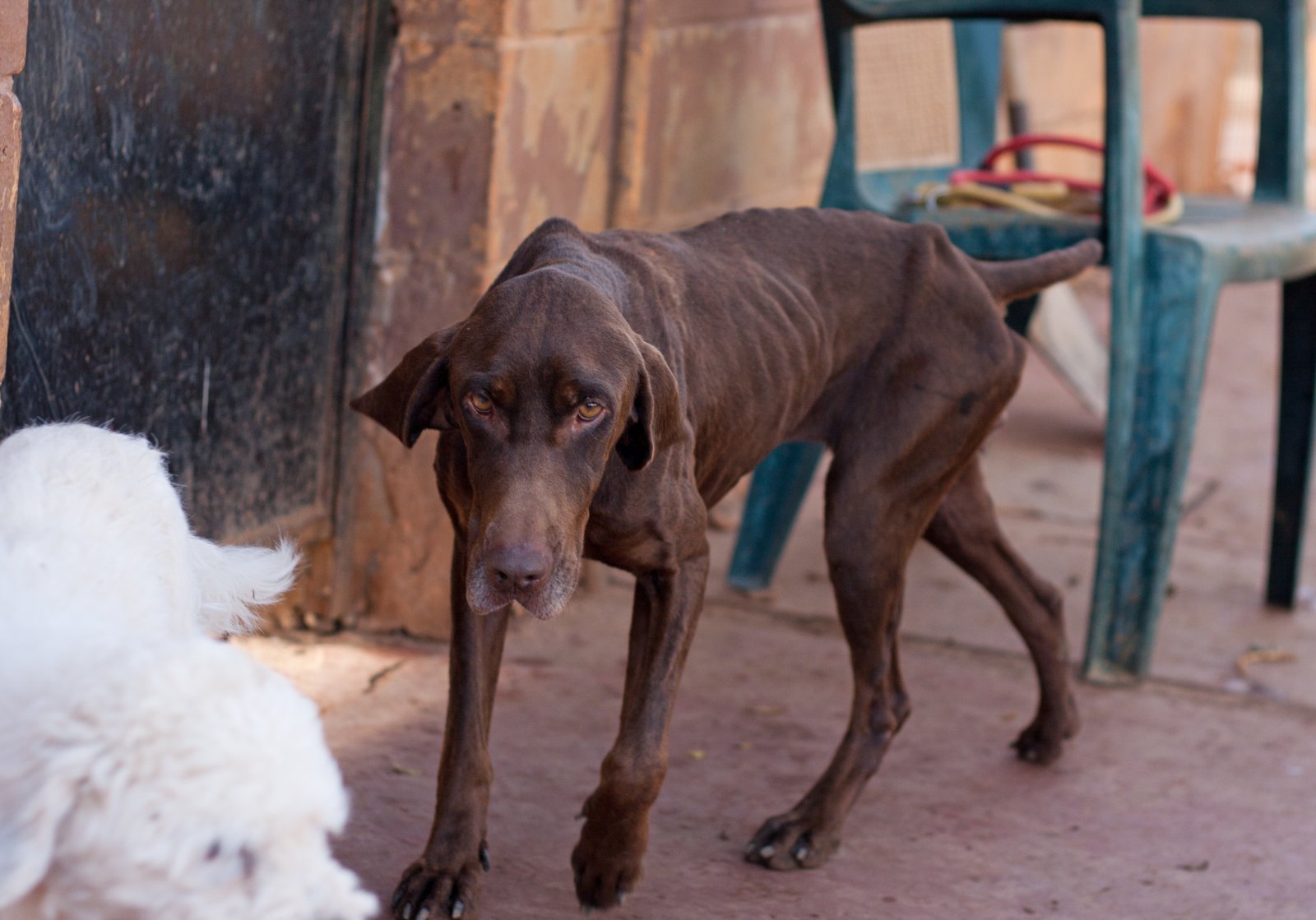
If your pet is losing or gaining weight rapidly without changes in activity levels, their diet might be to blame. Pay attention to their portions and quality of food.
2. Excessive Thirst

Unusually high water intake can indicate that their diet is too salty or they’re not getting enough moisture from their food. This could also be a sign of underlying health issues like diabetes.
3. Frequent Diarrhea or Constipation
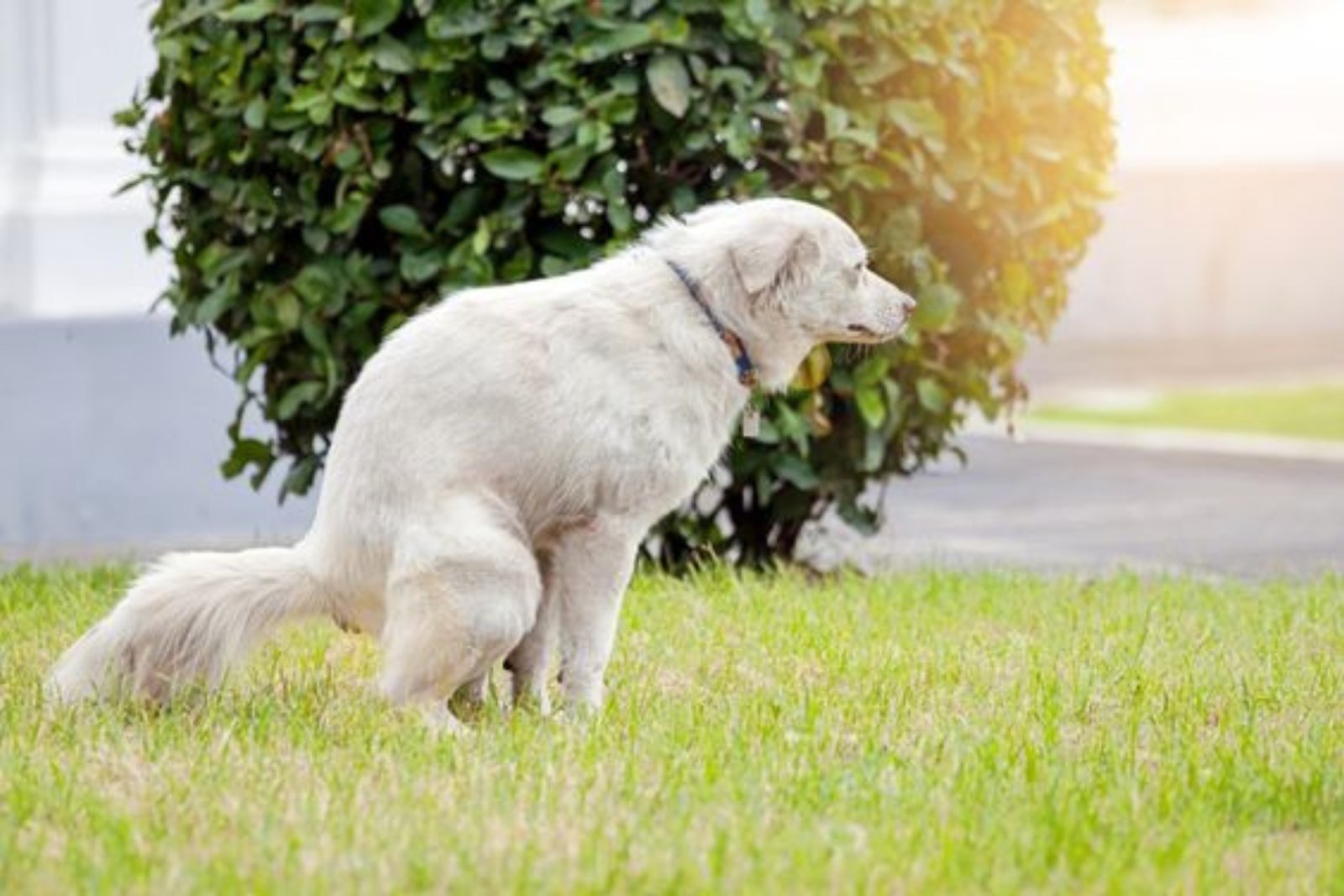
Regular digestive issues are red flags that your pet’s food might not be right for them. Consistent bowel problems can lead to dehydration and other serious health concerns.
4. Dull Coat and Skin Issues

A healthy diet should reflect in your pet’s coat. If their fur looks dull or they have skin problems, they might not be getting the right nutrients.
5. Bad Breath

While some level of bad breath is normal, excessively foul breath can indicate poor diet and dental issues. This often means their food lacks necessary dental health benefits.
6. Lethargy
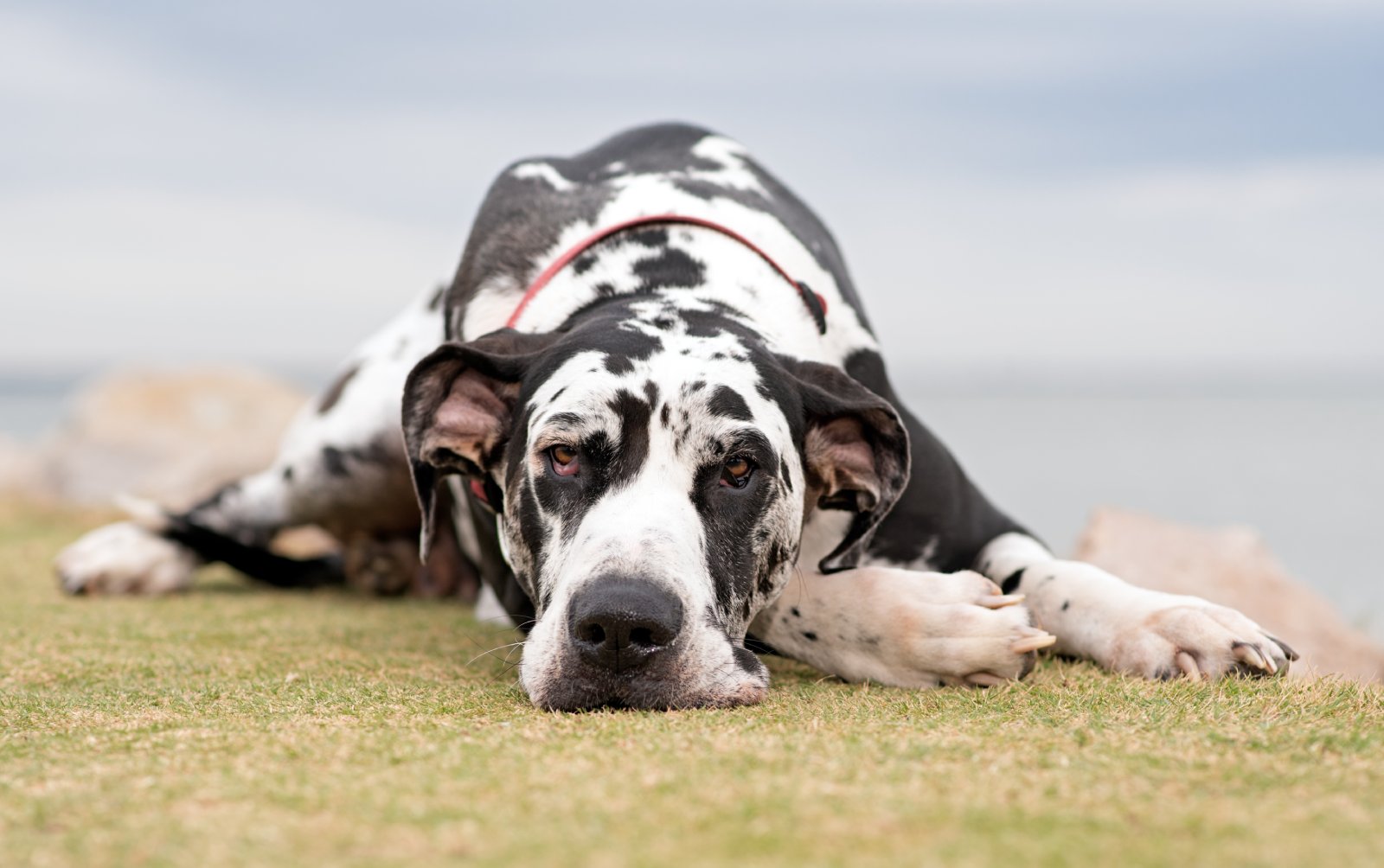
If your pet is unusually tired or disinterested in activities they once loved, their diet might be lacking essential vitamins and minerals. Energy levels are closely linked to diet quality.
7. Allergic Reactions
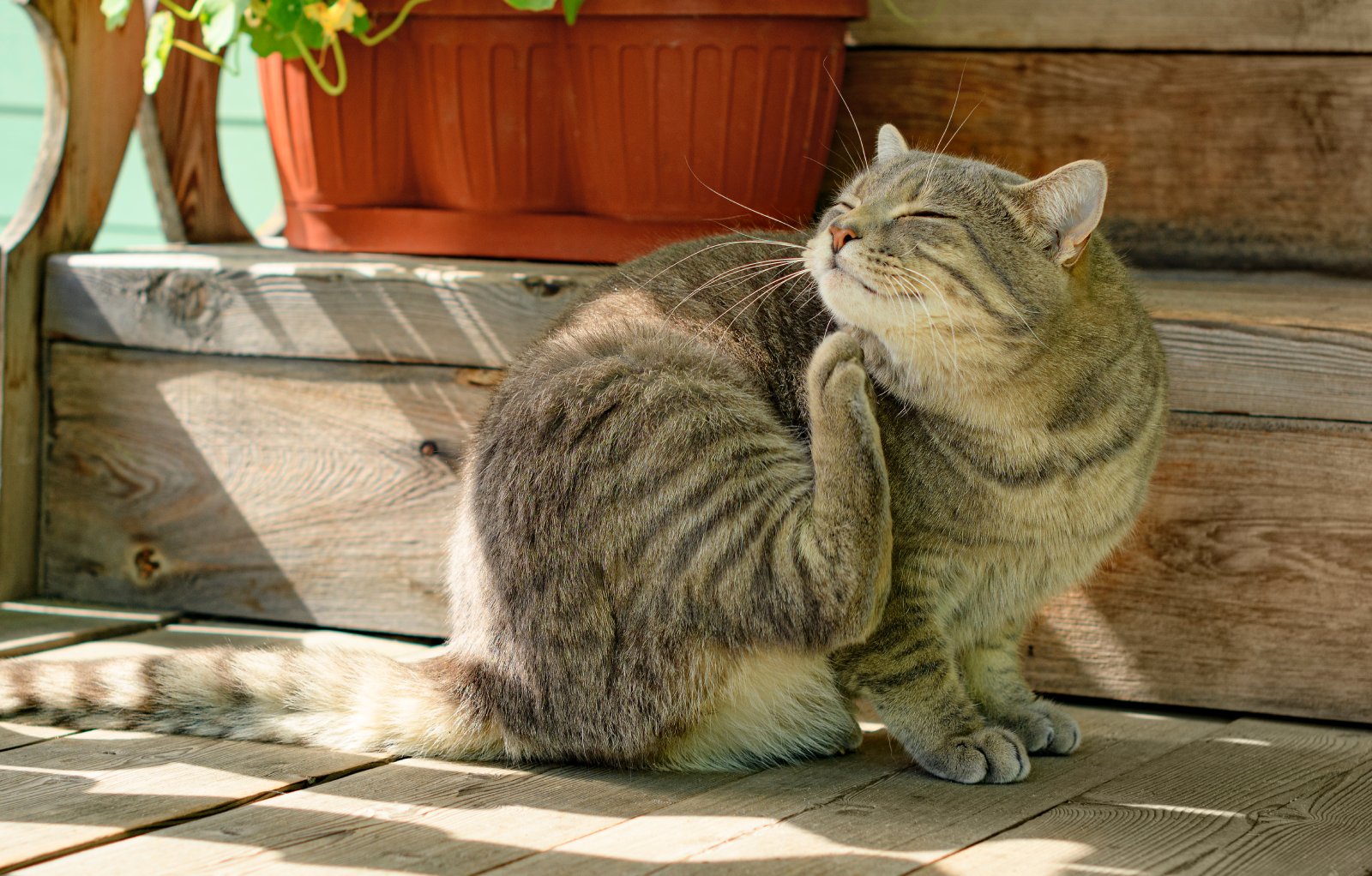
Frequent itching, redness, or other signs of allergies could point to a food intolerance. Identifying and eliminating the culprit ingredient is crucial.
8. Increased Vet Visits
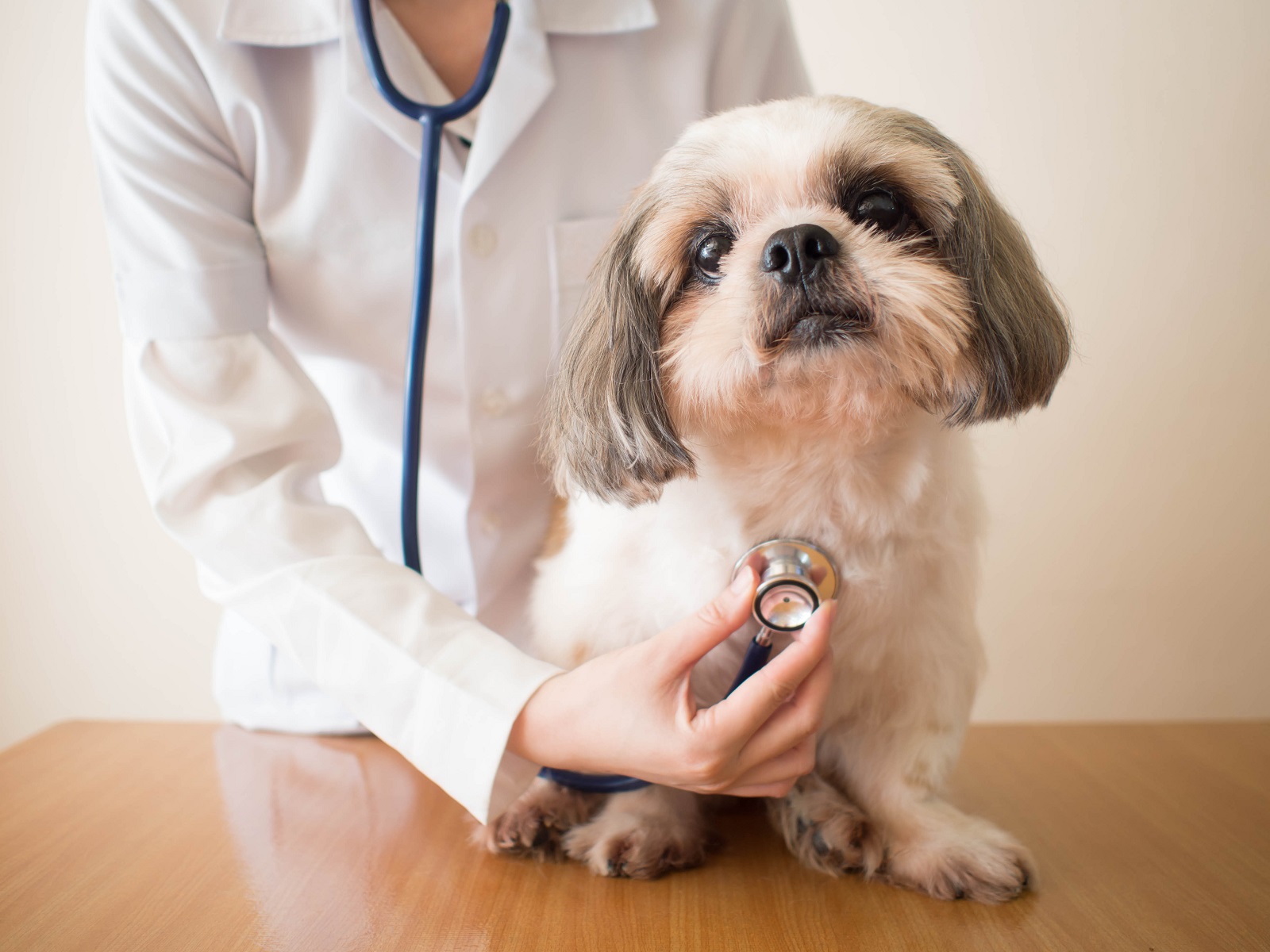
Are you finding yourself at the vet more often? Poor diet can lead to a host of health issues, from infections to chronic conditions, which often result in more frequent vet visits.
9. Overeating or Undereating
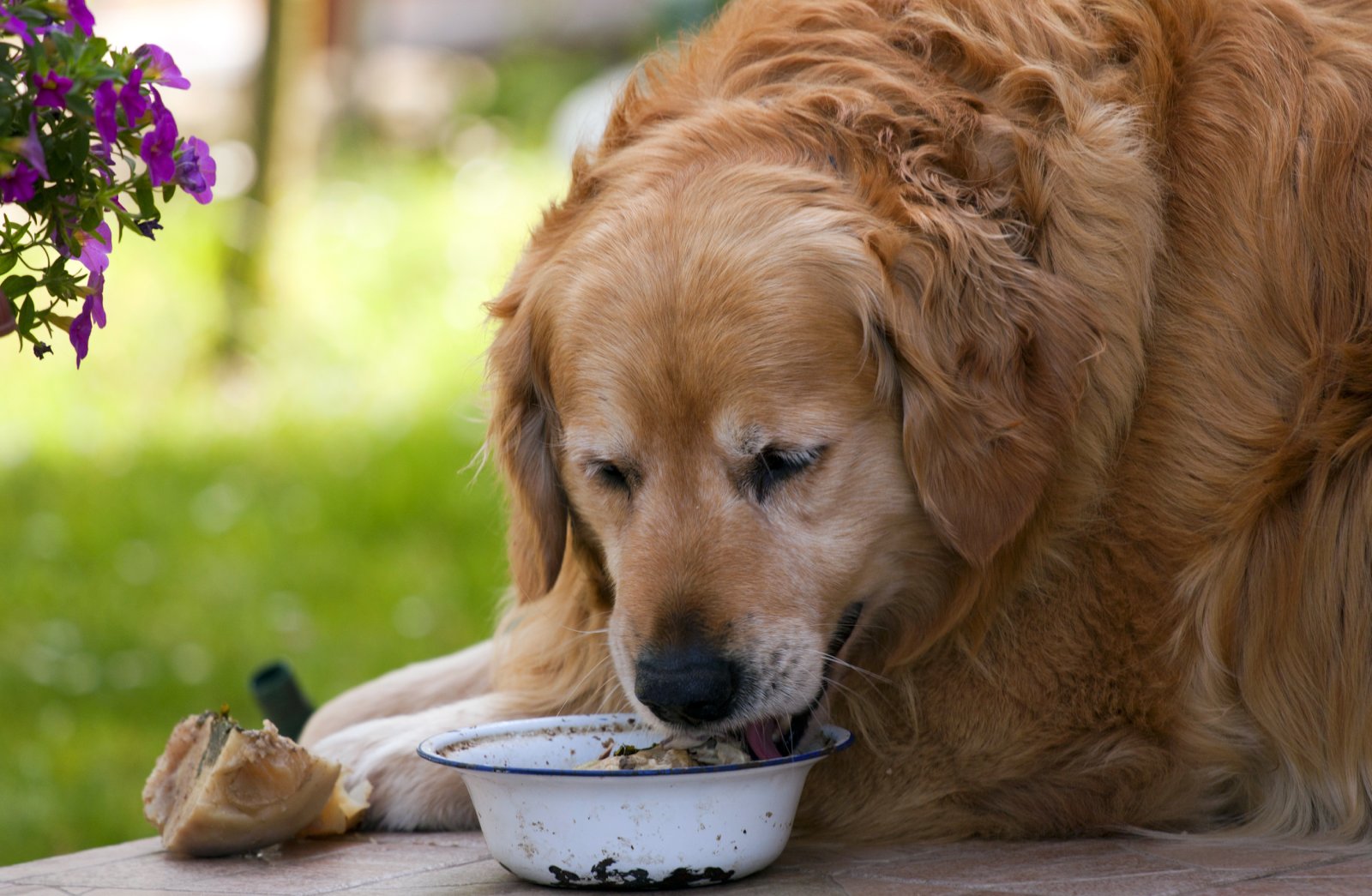
Changes in appetite can signal dietary imbalances. If your pet is constantly hungry or refusing food, it’s time to reevaluate their diet.
10. Vomiting
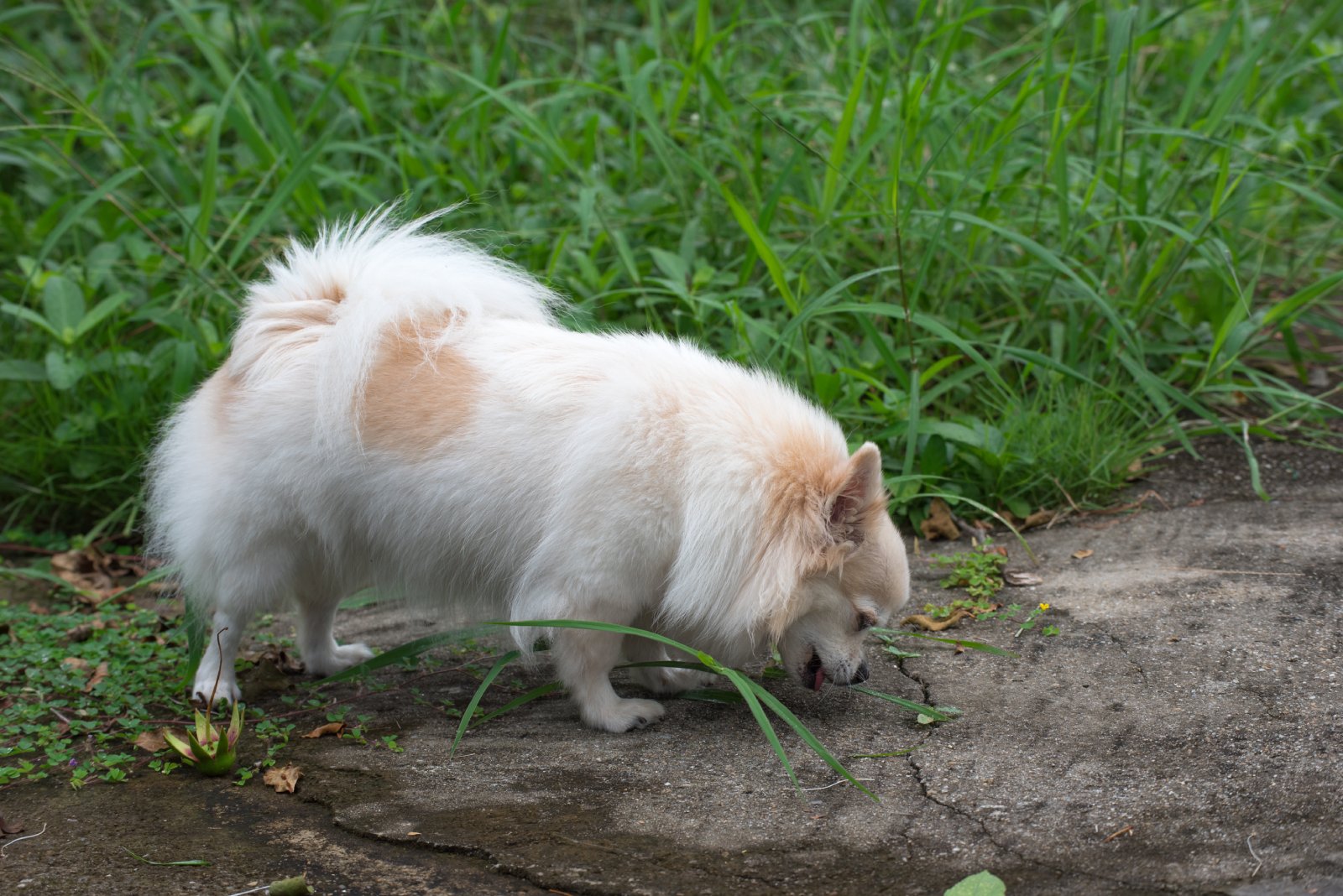
Occasional vomiting can happen, but frequent episodes are concerning. This could mean their food isn’t agreeing with their digestive system.
11. Behavioral Changes

Diet affects behavior more than you might realize. Aggression, anxiety, or depression in pets can often be traced back to poor nutrition.
12. Poor Dental Health
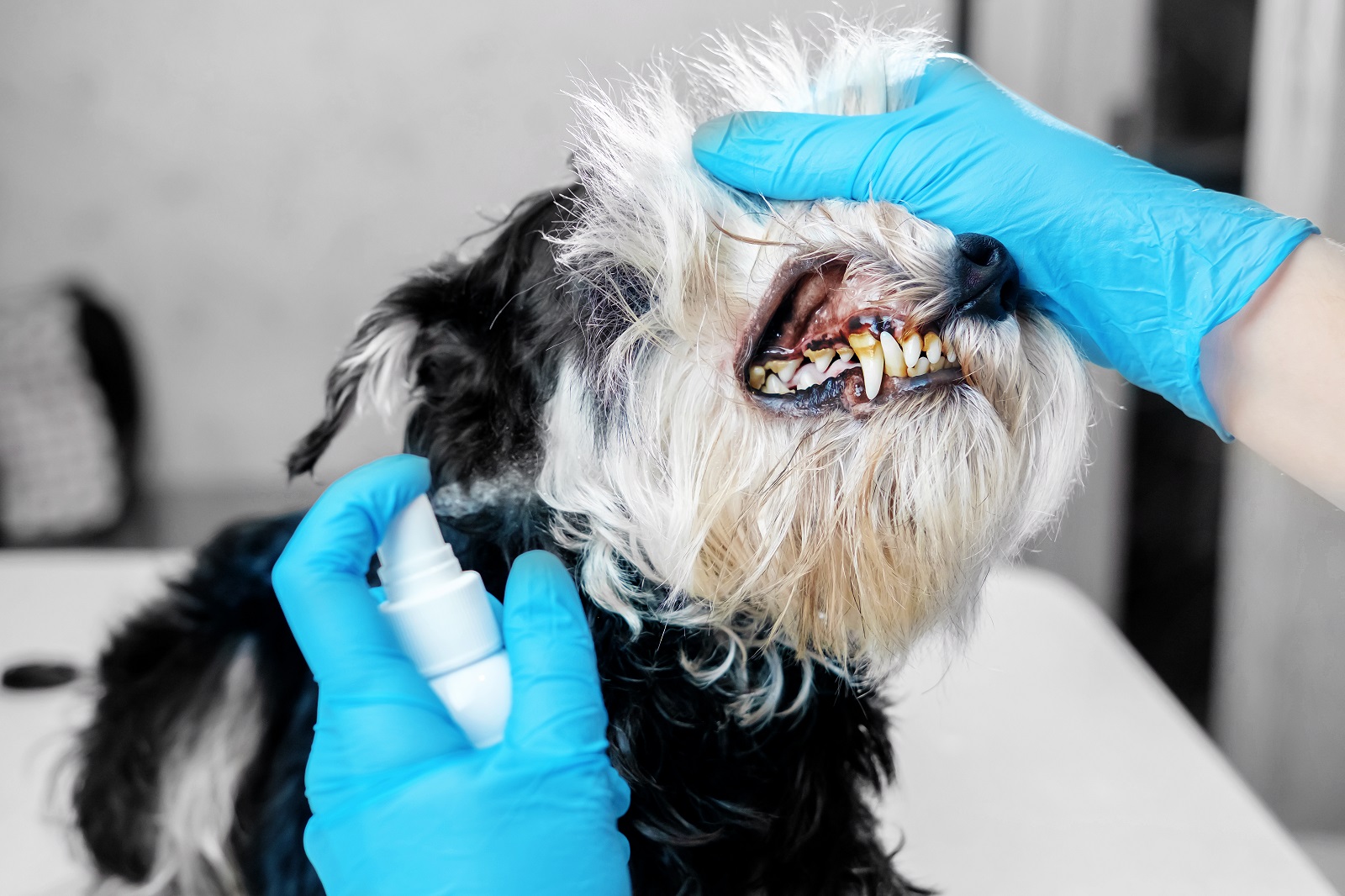
If your pet’s teeth are decaying or their gums are inflamed, their food might be lacking the right components for dental health. Dental chews and proper nutrition can prevent these issues.
Time To Rethink That Pet Food?
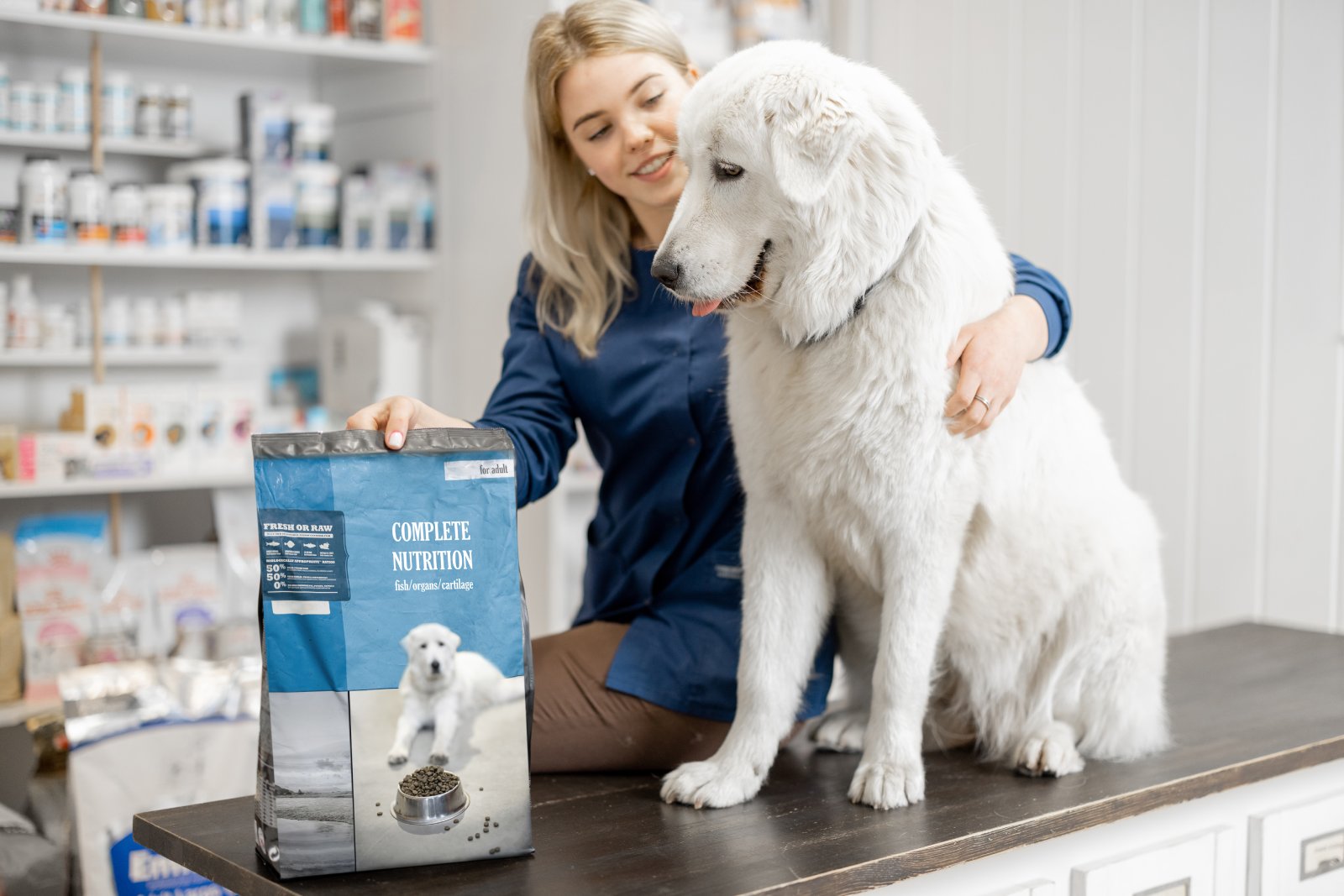
Are you really giving your pet the best? Evaluating and adjusting their diet can make all the difference in their health and happiness. It’s time to take action and ensure their food is truly fit for their needs.
Featured Image Credit: Shutterstock / MODMOD.
For transparency, this content was partly developed with AI assistance and carefully curated by an experienced editor to be informative and ensure accuracy.

